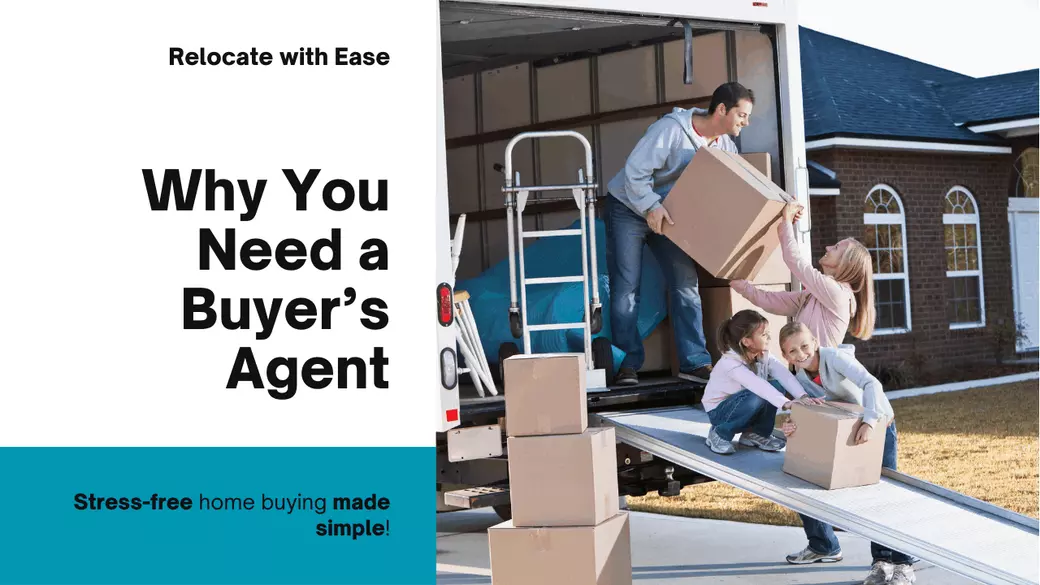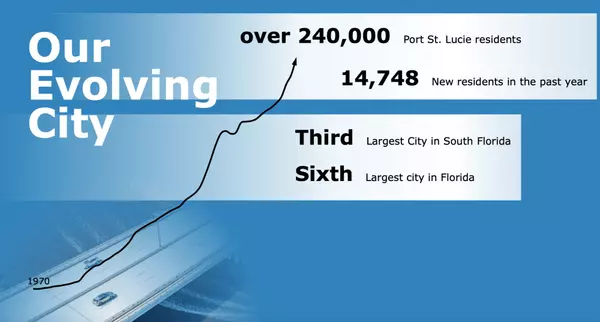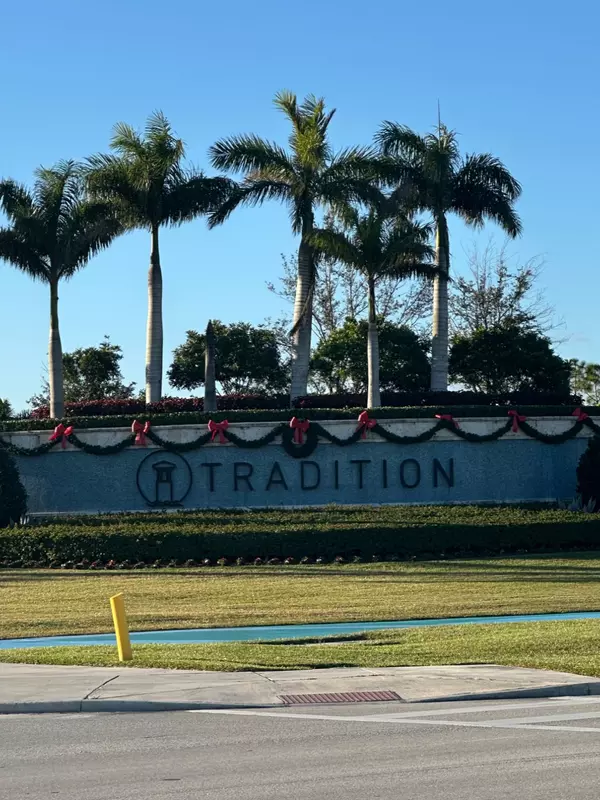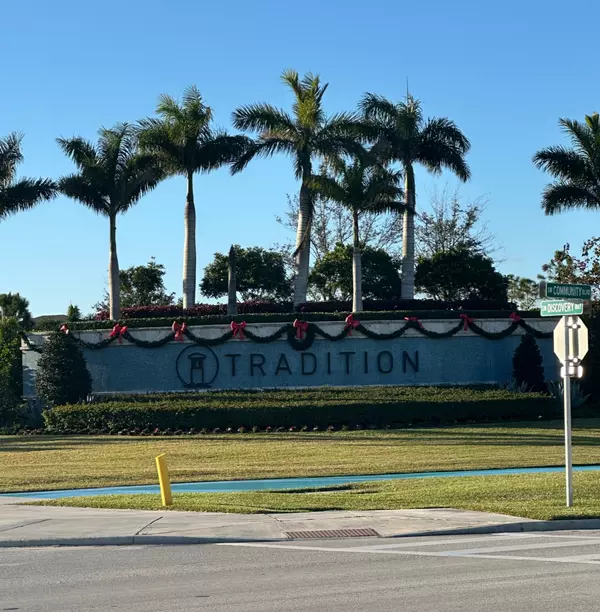How To Buy a House Out of State


Buying a home in another state can be especially stressful, particularly if you’re unfamiliar with the area. Out-of-state buyers often face challenges like not knowing the best neighborhoods, school districts, or local laws—and sometimes feeling completely in the dark.
If you’re navigating this situation, there are a few ways to make the process easier.
Key Takeaways
- Working with a buyer’s agent can provide valuable insights into the market and neighborhoods, especially if you’re purchasing a home from out of state.
- If you’re relocating for work, your employer might offer a relocation specialist to assist you—or you can hire one independently.
- You can find a buyer’s agent through online research, referrals, or by attending open houses in your new area.
- If you’re also selling a home, keep in mind that lenders may require your current sale to close before approving a new mortgage in another state.
Find a Buyer’s Agent
The best move you can make as a buyer is to hire a dedicated buyer’s agent in the state where you’re purchasing. Avoid asking a listing agent for representation—they primarily work for the seller. A listing agent’s job is to secure the highest price and best terms for the seller, which can create a conflict with your interests as a buyer.
Buyer’s agents, on the other hand, are solely focused on representing your best interests. They maintain your privacy, only sharing personal information with your permission. They also establish a fiduciary relationship with you, which is a legally binding commitment to prioritize your financial interests and negotiate on your behalf.
While many buyers find their agents through referrals from family, friends, or colleagues, relocating to a new area can make this more challenging. If you don’t have referral sources, you may need to explore alternative ways to find the right agent.
Note:
A buyer’s agent plays a key role in your home search. They’re often experts in the local neighborhoods and can provide valuable guidance to help you make the best decisions based on your specific needs.
Work with a Relocation Specialist
Did you know there are professionals dedicated to helping with relocations? A relocation specialist can take the stress out of finding an agent and often assist with moving logistics when the time comes.
If you’re moving for a job, your employer may provide a relocation specialist as part of your transfer package. If not, you can easily search online for "relocation specialist" or "relocation expert" along with the city or ZIP code where you’re moving to and explore your options.
How to Find a Buyer’s Agent on Your Own
-
Start by browsing online listings of homes for sale in your target area. This will help you identify which agents are most active in certain neighborhoods. While many of these agents may specialize in seller representation, knowing who they are can help you narrow your search by ruling them out.
-
Use targeted keyword searches, like "Port St. Lucie Buyers Agents" Look for exclusive buyer brokerages that focus solely on representing buyers and don’t handle property listings at all.
-
Explore websites where agents maintain professional profiles, such as Active Rain or Realtor.com
Attend Open Houses
While the agent hosting an open house is typically the listing agent, buyer’s agents often attend these events to scout potential properties for their clients. Be on the lookout for professionals who seem knowledgeable and familiar with the hosting agent. If you spot someone who stands out, simply ask, "Are you an agent?"
If they seem experienced and you feel a good rapport, ask for their business card and check out their website for more details. Pay attention to how many home purchases they’ve successfully closed. If that information isn’t readily available, it might be worth asking why.
Ask for Referrals
While many listing agents focus exclusively on sellers, they often know skilled buyer’s agents at other companies or even within their own teams.
In some cases, a listing agent may receive a referral fee for connecting you with a buyer’s agent. This can serve as extra motivation for them to assist you. Don’t hesitate to ask—they might point you in the right direction!
Explore Homes
A buyer’s agent can provide daily updates on new listings and price reductions through the multiple listing service (MLS). Many of these listings include virtual tours and detailed photos, making it easy to get a feel for the properties. If a home catches your eye, you can request more information and even plan a quick weekend trip to view homes in person on Saturday and Sunday.
Note:
If you’re ready to make an offer from afar, the process has never been easier. Buyers can now sign offers electronically without ever leaving their homes.
How to Close Concurrently in Another State
Coordinating a simultaneous closing—selling your current home while buying another in a different state—can be challenging, if not impossible. Most banks won’t fund the loan for your new home until they’ve received confirmation that your existing home has successfully closed.
Here’s how the process typically works:
- Your current home closes.
- The funds from the sale are wired to the closing agent handling your new home purchase, along with the necessary documentation.
- Your lender funds the loan for your new home.
- The purchase of your new home is finalized.
Timing both closings perfectly, especially across state lines, requires careful planning and coordination. Stay in close communication with both your listing and buyer’s agents to help ensure everything goes as smoothly as possible.
If you are looking to relocate to Florida, download a FREE copy of our Relocation guide HERE.

FAQ (Frequently asked questions)
1. Can I buy a house out of state without seeing it in person?
Yes! With advancements in technology, it’s entirely possible to buy a house without physically visiting it. Many buyers are now using virtual tours, video calls with agents, and online resources to explore properties. However, it’s crucial to work with a reliable local real estate agent who can provide you with accurate information and recommendations.
2. How do I choose the right location when buying out of state?
Research is key! Start by looking into different neighborhoods, local amenities, schools, and overall living conditions. Consider factors like job opportunities, climate, and your lifestyle preferences. Websites like Zillow, Redfin, and local community forums can be great resources. You can also reach out to a local agent to guide you through the process and offer insights into the area.
3. What should I know about financing when buying a home out of state?
Financing can be similar to buying a home locally, but there are some differences. You'll need to find a lender who is familiar with out-of-state purchases, and there might be different state regulations or property taxes to consider. Be sure to have all your financial documentation in order and ask your lender about the specifics of buying in a new state.
4. Do I need to hire a local real estate agent?
While it's not a requirement, hiring a local agent is highly recommended. They have intimate knowledge of the market, can help you navigate the area, and can provide valuable insight into neighborhoods and property values. A local agent will also help with coordinating home inspections, handling paperwork, and ensuring the process goes smoothly from a distance.
5. How do I handle the inspection and appraisal if I’m buying out of state?
Your real estate agent can coordinate the inspection and appraisal on your behalf. In some cases, you can even attend the inspection remotely via video call. Make sure to choose an agent and inspector who are experienced in working with out-of-state buyers to ensure everything is handled properly.
6. What are the hidden costs when buying a house out of state?
In addition to the usual costs (down payment, closing costs, etc.), buying out of state can come with added expenses. These might include travel costs if you plan to visit before the purchase, higher property taxes depending on the state, and potential costs for hiring additional professionals like property managers if you don’t plan to live in the home full-time.
7. Can I close on a house out of state remotely?
Yes! Many states allow remote closings, and with the help of your agent and a title company, you can sign documents electronically or through a notarized mail process. Just make sure to check the specific rules in the state where you're buying, as some areas may have different requirements.
8. What if I want to rent out the property?
If you plan to rent out your new home, you may need to consider property management companies. They can handle everything from finding tenants to maintaining the property. Make sure you also research the state’s rental laws and tax implications for out-of-state landlords.
9. How do I know if the property is a good investment?
To determine if the property is a sound investment, review comparable sales, the neighborhood’s future potential, and market trends. Your local agent will be an excellent resource in providing you with up-to-date data on market conditions and future property value projections.
10. What are the benefits of relocating to Port St. Lucie?
Port St. Lucie is an up-and-coming city with affordable housing, a relaxed lifestyle, and beautiful natural surroundings. Whether you're looking for a quieter place to retire or to start a family, Port St. Lucie offers a welcoming community, excellent schools, and a variety of recreational options, including parks, beaches, and golf courses. The real estate market here is growing, making it an attractive destination for out-of-state buyers seeking both a great quality of life and a strong investment.
Categories
Recent Posts












